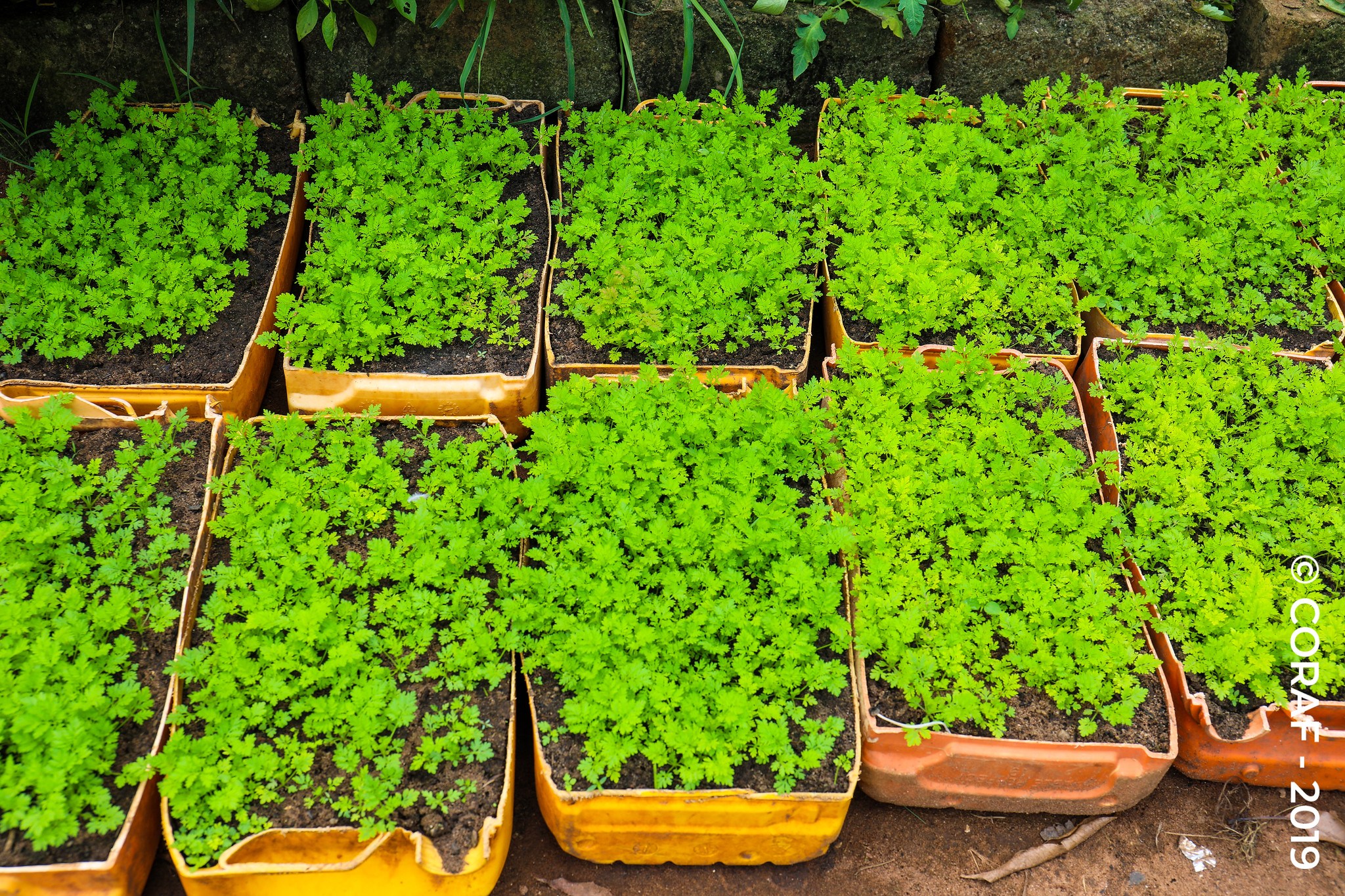West Africa and the Sahel are about to have the first integrated agri-inputs strategy, which will further facilitate access to quality inputs and boost agriculture productivity.
The strategy formulation process entered the final phase with a meeting of experts held in Dakar, Senegal, in early November 2019.
Representatives of research institutions, the private sector, policymakers, and development actors have been meeting as part of a task force responsible for hatching out the region’s pioneer integrated inputs strategy.
The integrated regional strategy is primarily aimed at improving the availability, accessibility, and use of quality agricultural inputs.
Unlike previous strategies that tended to address inputs individually, the current plan addresses crop seeds, fertilizers, pesticides, feed concentrates for livestock, vaccines, and animal genetic materials for priority crops, livestock, and aquaculture.
Resilient Inputs for a Changing Climate
No region in Africa bears the brunt of climate change as the Sahel and most of West Africa. This strategy, experts argue, should pave the way for the development of adaptable crop varieties, as well as feed concentrates for small ruminants rearers across the Sahel.
“Today’s agriculture cannot be indifferent to the effects of climate change. It is necessary to move towards varieties that are resilient to climate change. We need varieties that will resist water stress, drought, and floods. There is a need to have quality inputs that adapt to the ecology of our areas,” said Dr. Garba Yahaya, Director of agriculture at Niger’s Ministry of Agriculture.
Solving the Challenge of Low Agriculture Productivity
The current strategy is being developed on behalf of three inter-governmental organizations. This includes the Economic Community of West African States (ECOWAS), the West African Economic and Monetary Union (WAEMU) and the Permanent Interstate Committee for Drought Control in the Sahel (CILSS).
All three organizations seek a lasting growth in agricultural productivity. With populations growth and land degradation a reality, these organizations view food production increase as a solution. Doing this with minimum effects on the ecosystem is certainly a challenge.
“ECOWAS wants the region to increase agricultural productivity. It is hard to see how this ambition can be realized without an integrated inputs strategy,” says Dr. Abdulai Jalloh, Research and Innovation Director of CORAF. The later has been leading the strategy development process with funding from the United States Agency for International Development (USAID), West Africa.
According to experts, low agricultural productivity is mainly due to the low use of quality agri-inputs. This strategy is intended to reverse this trend.
“ECOWAS wants to make sure that the key agri-inputs are used and that are affordable, accessible, and they are of good quality. Not only do we need a regional agri-input strategy for seed, fertilizer, and pesticide, but we also need to make sure that these activities are harmonized across the region,” says the CORAF senior official.

Eight areas of intervention are addressed in the current iteration of the strategy:
- Strengthening local capacity for the production and rational use of quality livestock feed;
- Support for the production and sustainable use of improved animal genetic material;
- Promote public-private partnerships for the manufacture of veterinary vaccines and other veterinary medicines;
- Strengthening local capacity to produce quality seeds and fish feed, with a total reduction in dependence on imported seeds and fish feed;
- Promotion of SMART subsidies and credit for agricultural inputs;
- Promotion of intra-regional trade in quality agricultural inputs;
- Promotion of networks of authorized distributors of agricultural inputs in rural areas;
- Capacity-building of research and extension institutions in agricultural input development.
What’s left?
Once comments from the Dakar meeting are integrated in the current iteration of the strategy, there will be a final meeting for validation of the plan. After that, it will be submitted to the regional economic communities for implementation.
The strategy will be accompanied by an action plan to ensure that the strategy is well implemented.
 English
English
 Français
Français 
